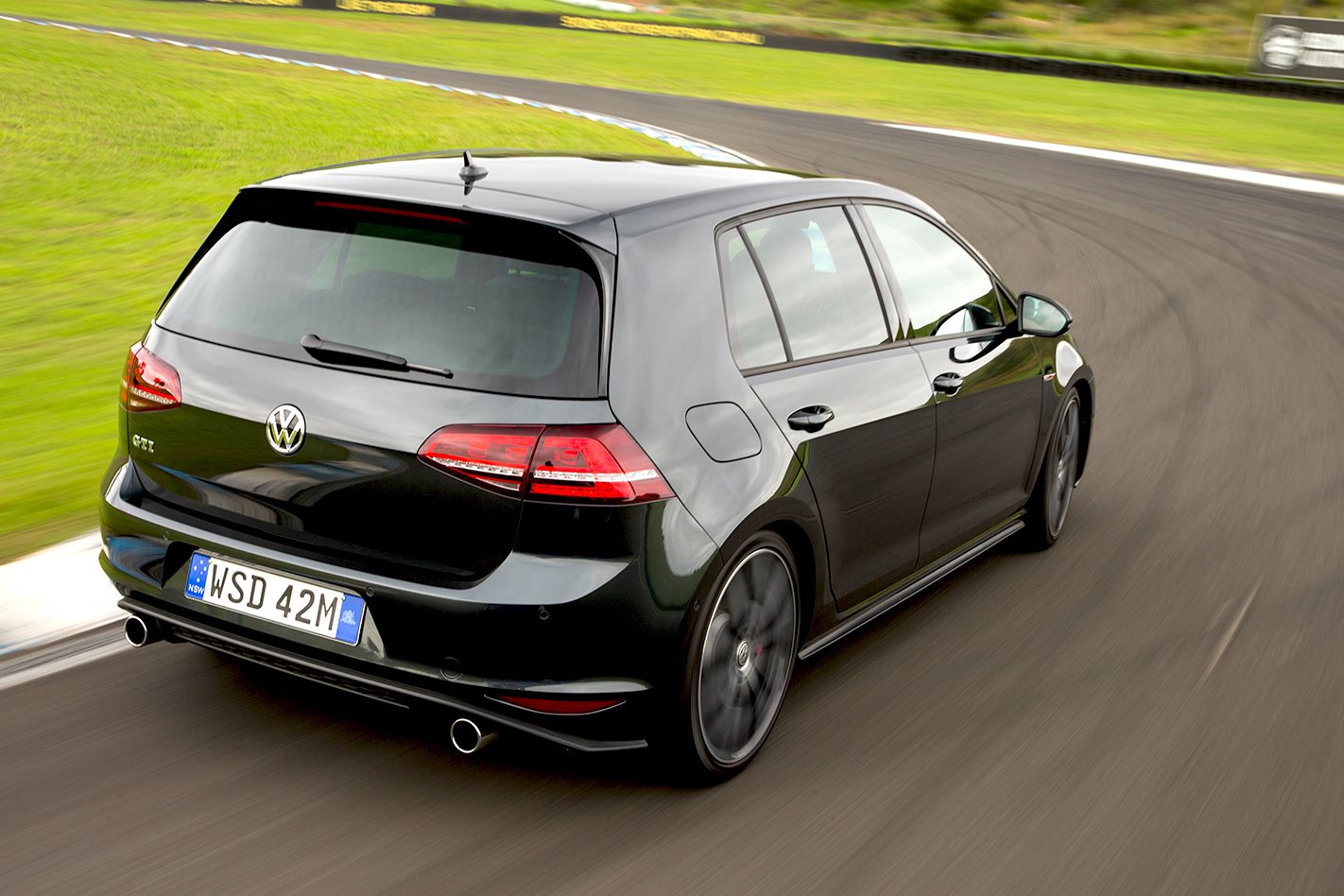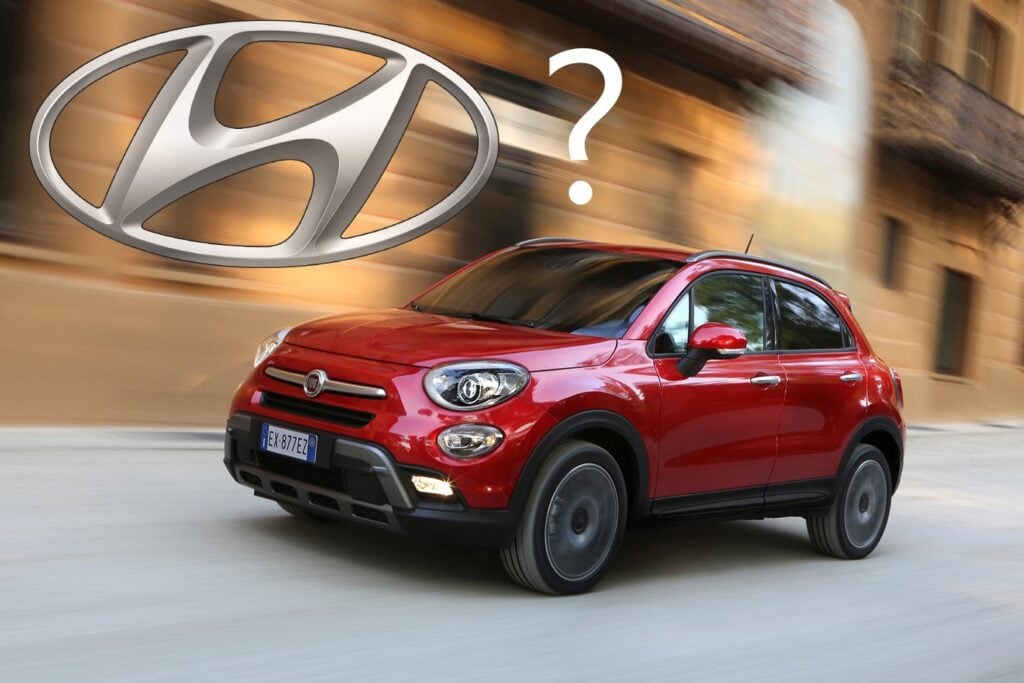AN INTERNAL review has paved the way to clearing Volkswagen of suggestions it had fudged emissions and fuel use figures for its popular Golf GTI hot hatch.
Volkswagen Group said today that fears it had cheated in government mandated tests of about 800,000 current and recent model cars appeared to have been largely unfounded.
Its testing of a long list of models under suspicion – among them current Australian versions of the turbo petrol Golf GTI and Golf R – had found that only nine used more fuel than claimed.
Annual production of the nine models amounted to only 36,000 vehicles, Volkswagen Group said.
The group also said none of the nine models that failed to reproduce test claims had been offered for sale in Australia, putting the performance Golfs in the clear.
Even in the case of the nine, the discrepancy between stated and actual test results was only about 0.2 L/100km, it said.
Unusually, the fears that it may have understated fuel consumption and related carbon dioxide emissions for 800,000 petrol and diesel cars had been raised last month by Volkswagen itself, as it probed events leading to its being caught up in the Dieselgate scandal.
It had learned that for some Volkswagen Group cars, official test cycles had been run with friction-reducing measures such as overinflated tyres and the addition of diesel oil to engine lubricants, in the interests of reducing tested fuel consumption and hence emissions of CO2 – a gas widely associated with global warming.
The aim had apparently been to bring these models under various thresholds applied in the European Union used to calculate annual vehicle taxes.
Measures taken were unrelated to those underpinning the explosive revelations in September – since labelled Dieselgate – that up to 11 million Volkswagen Group diesels had been fitted with cheats that could dramatically reduce their emission of poisonous pollutants – notably nitrogen dioxide, associated with respiratory problems – when under typical test conditions.
The cars – delivered since 2008 – all used 1.6- or 2.0-litre versions of the group’s EA189 turbodiesel engine, and nearly 100,000 of these have been sold in Australia. They included Volkswagen, Audi and Skoda vehicles.
VW Group said late last month it believed it had found a way to rectify the engines so that they met relevant emissions standards while maintaining prior performance – although it had not tested every model affected. The change involved only a software update in 2.0-litre cars, and software and minor induction tract modifications in 1.6-litre cars.
Volkswagen Group Australia has announced it will recall the affected diesel cars but has not said when.
Most of the offending engines were fitted to vehicles since superseded. The few current Australian models affected have been withdrawn from sale.






